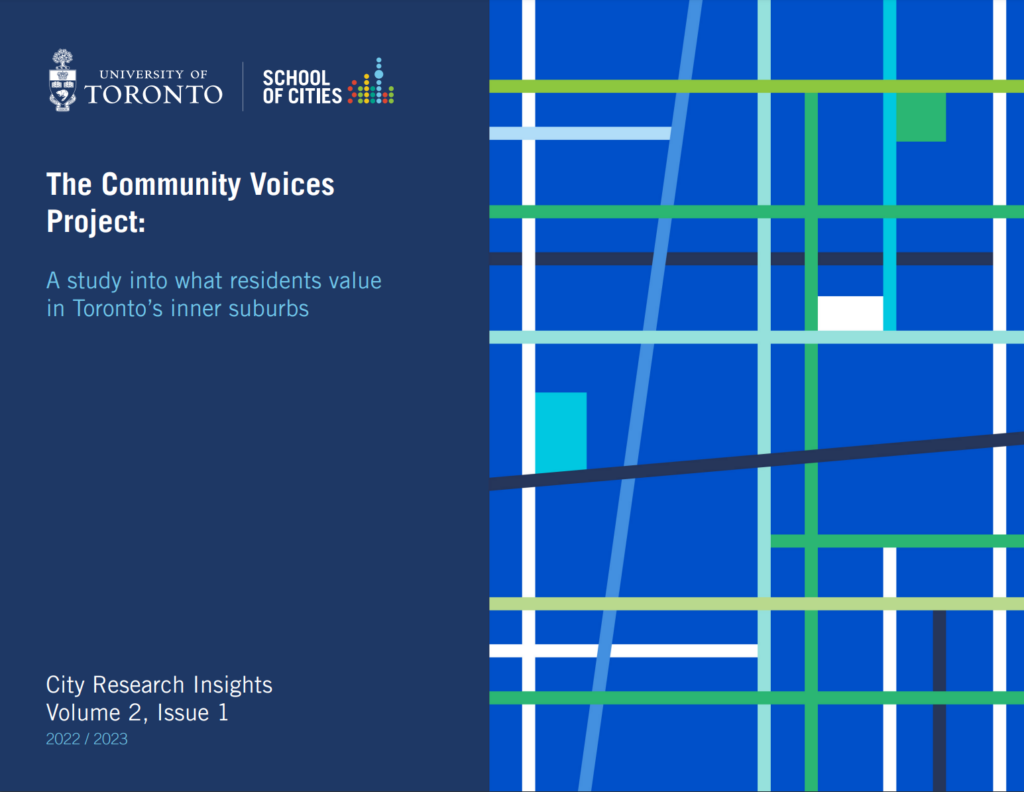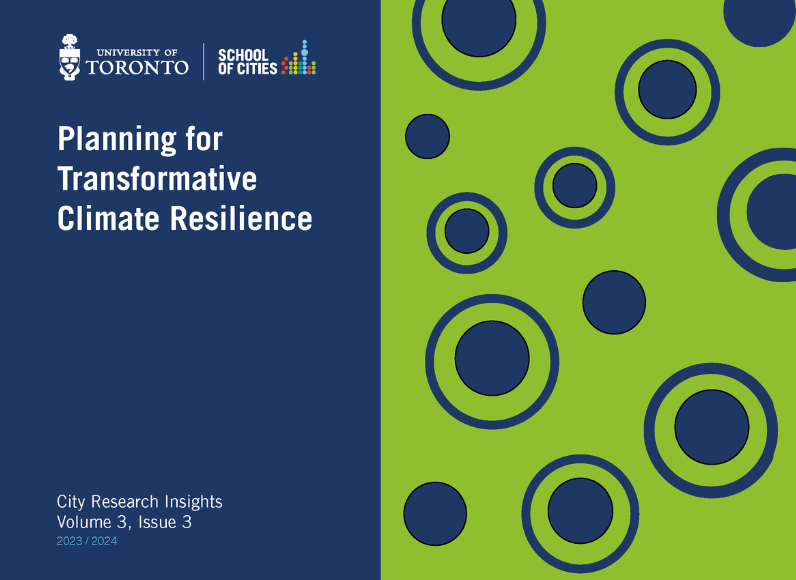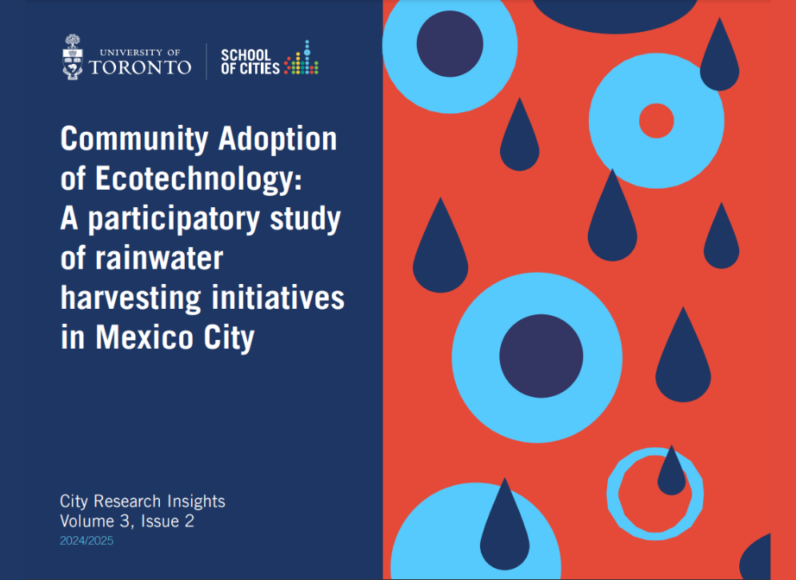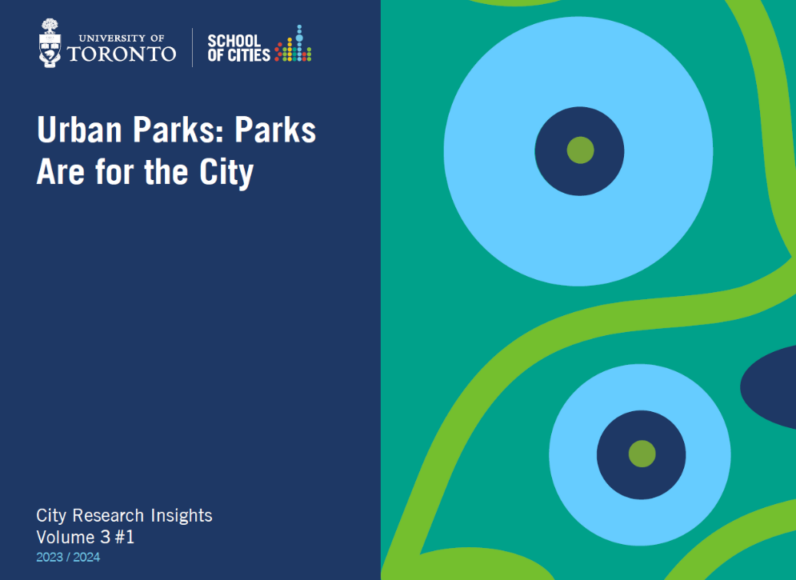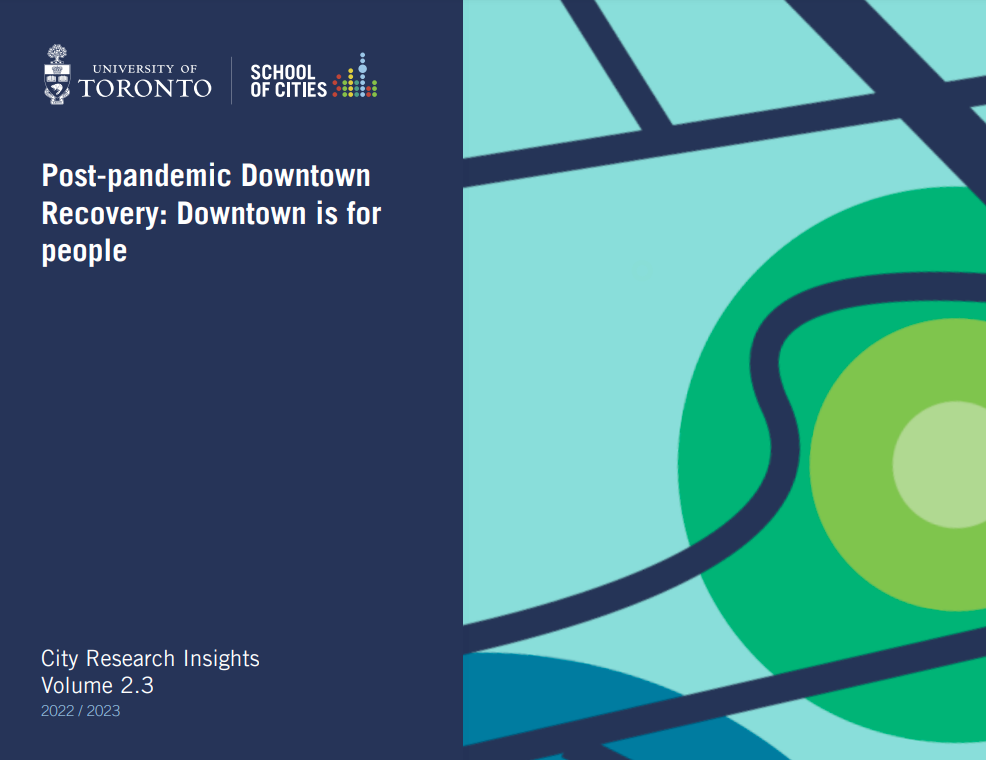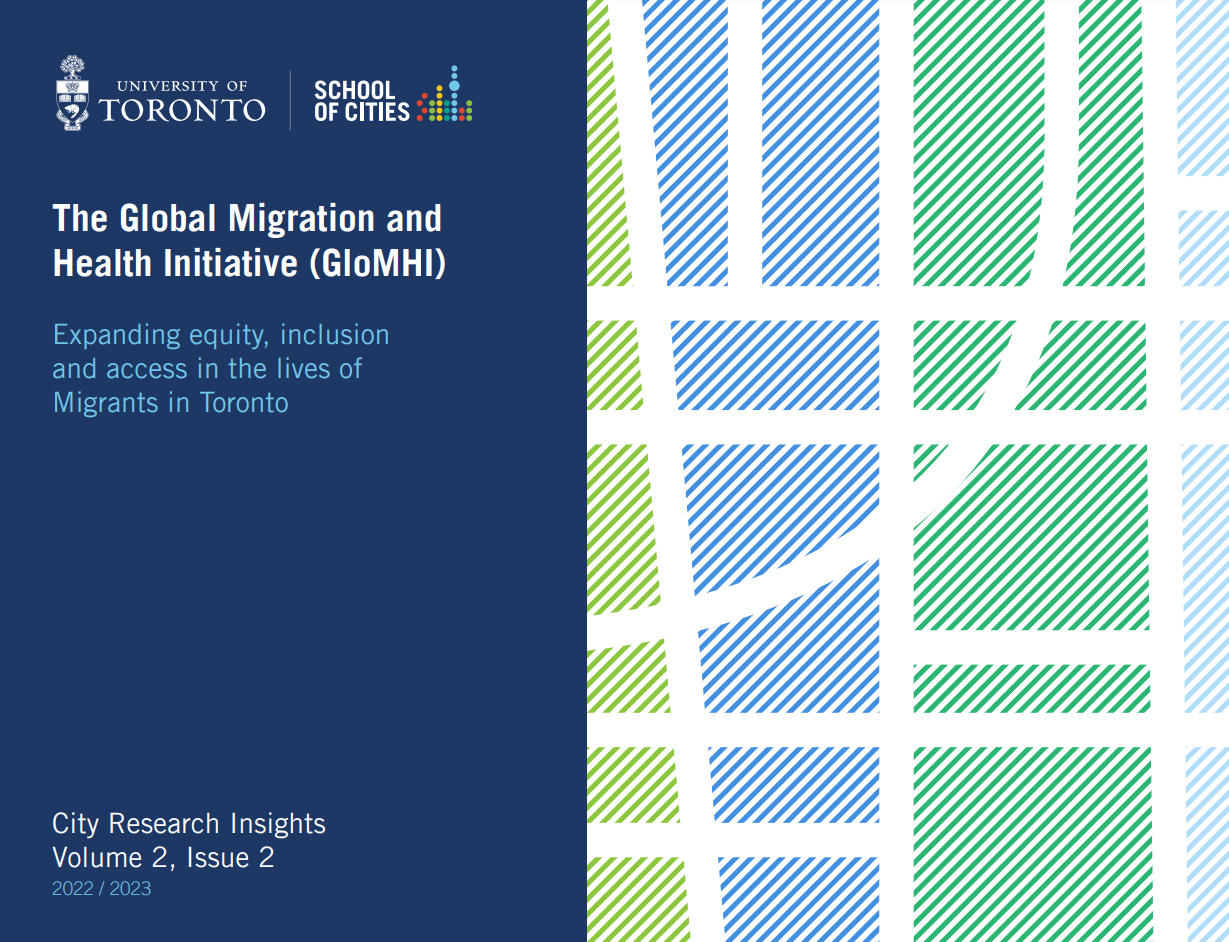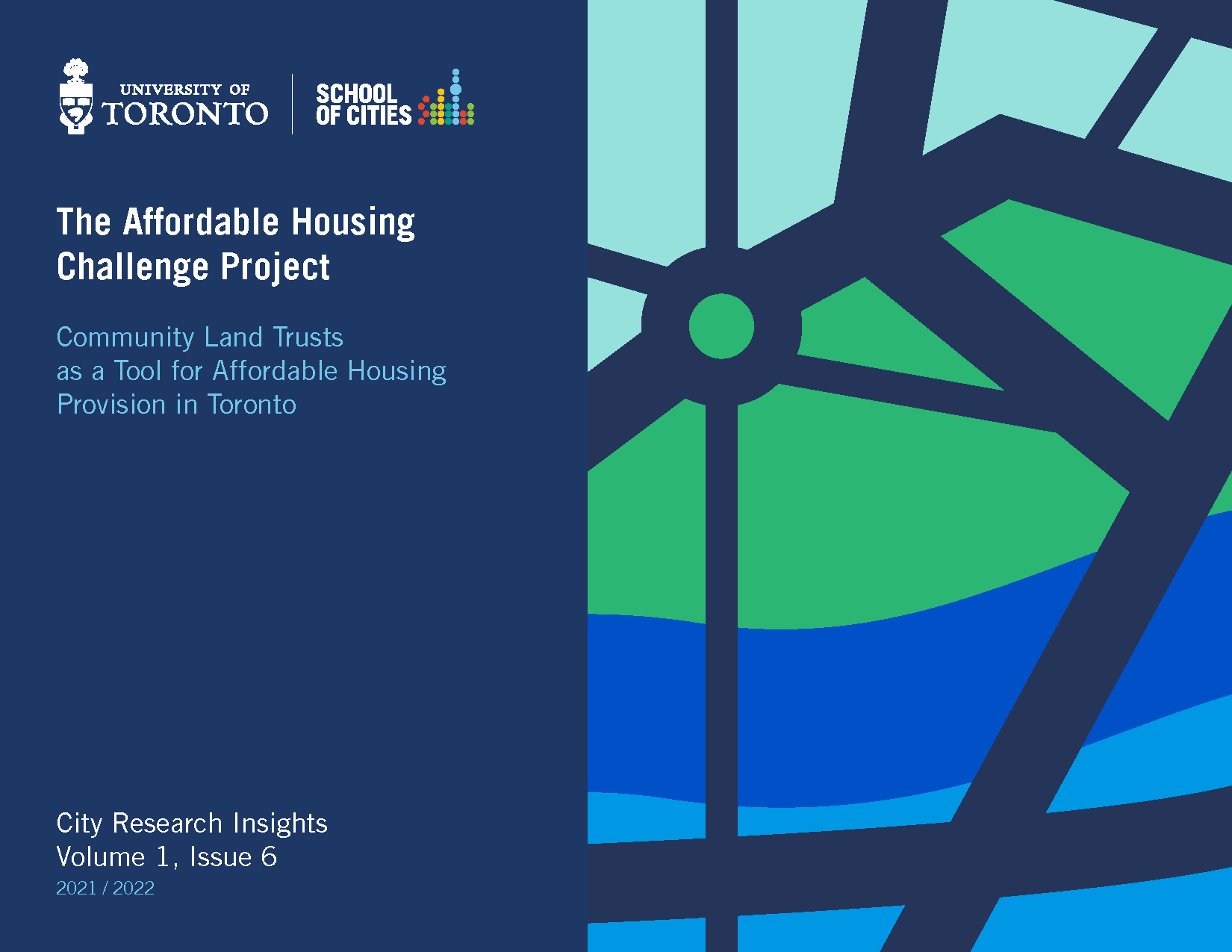Meet the expert behind this issue: Kofi Hope
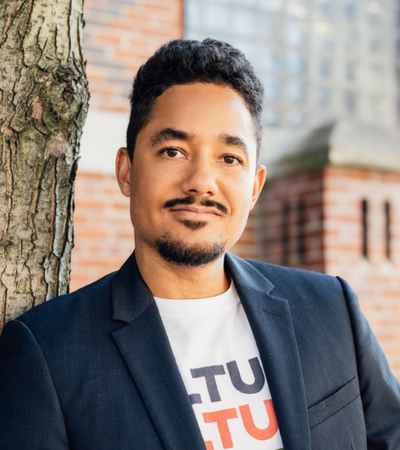
- Tell us about your work with the Community Voices project.
I was one of the lead researchers on the project, and one of the folks who originated the idea for it. The starting point was having done work in the inner suburbs for many years, while also having some connection to policy circles and political circles. So much of Toronto municipal politics falls along the downtown/suburbs divide and many issues of health equity and social justice manifest in the inner suburbs. Elections tend to be proxies for determining what’s important for people and what they want from the city, and many people assume that if people in an area vote for someone that they must support them and their political agenda, but there is often far more nuance. I hadn’t really seen anyone doing in-depth research into what people’s priorities were, and with that knowledge gap it seemed like there was a need to really disaggregate the views of people in the inner suburbs from the rest of Toronto and understand people’s priorities.
- What does inequality of standing mean? How does it impact the way that policy get made in cities and in Toronto specifically?
Inequality of standing is really about the social hierarchies that we create within society. When we think about political systems and politics, there are the residents and communities whose voices are heard within the system and become the focus of policymakers, and those whose concerns and voices are ignored. Part of it has to do with your connections to power and your knowledge of how to navigate the system. Neighbourhoods where a lot of residents have advanced degrees tend to do a really good job at mobilizing and putting pressure on city government to get their needs met. And those neighbourhoods that don’t have that kind of class advantage or that familiarity with the system, they tend not to receive that degree of attention. Inequality of standing is an important part of inequity because we built a political system and a bureaucracy around it that’s really by and for middle class folks. The system wasn’t built for working class people and newcomers and throws up a lot of barriers for them, and a lot of them are dissatisfied with the results they get from it.
- How would you like the Community Voices report to be taken up by policymakers? What is the first change that you would hope they’d make?
There is a specific group that needs more focus from policymakers – what we call the “hopeful newcomers.” This is a group who are lower income and have recently arrived in the country; they’re trying to build a life in Canada and they actually are incredibly trusting in Canadian institutions. But they’re also the folks with the least amount of knowledge about the services and assets in their neighbourhoods. Our challenge is to work with those folks and ensure that they become the integrated achieving middle-class cluster, and not the dissatisfied disengaged middle-class cluster. We want them to remain trusting and to have those experiences that allow them to have mobility. I think that’s one group where there needs to be increased focus from policymakers. This is a pool of people who would be really engaged if policymakers communicated with them and if they specifically worked to build up their knowledge and understanding. It’s much easier to engage folks when they already trust you.
- How has the affiliation with the School of Cities facilitated this project?
The project was a partnership between the School of Cities and the Wellesley Institute and that was key at the level of funding, back-end marketing support, communications and events. The School of Cities is a cool platform for a meeting of minds. I think the power of the School of Cities is providing this meeting place for people to collaborate and do excellent work. The project wouldn’t have happened without the School of Cities, and we’re really grateful for that support. Our project shows a template for how SofC can be really transformative in how you can achieve interesting interdisciplinary cross-sectoral or cross-organizational partnerships to push forward community informed research. I’m excited to continue to be affiliated with the School of Cities and to look at the opportunities where we can bring different players together to try to solve some of these urban questions.



